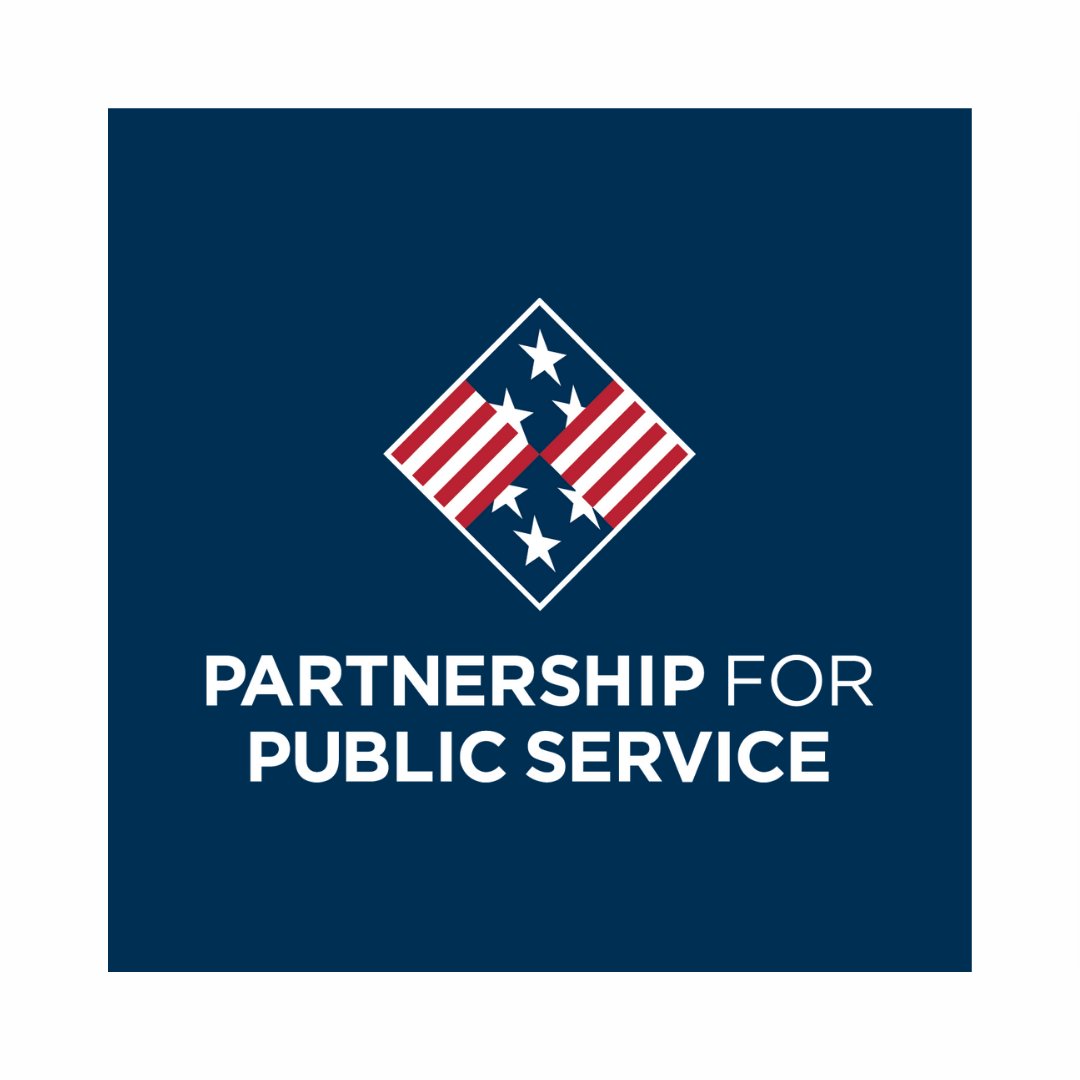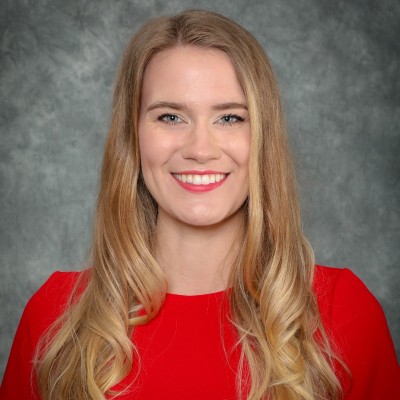
The Robertson Foundation for Government is pleased to announce Ambassadors Paula J. Dobriansky and Linda Thomas-Greenfield joined the advisory board this fall.
Ambassador Paula J. Dobriansky is a foreign policy expert and former diplomat specializing in national security affairs. She is a Senior Fellow in the Future of Diplomacy Project at Harvard University’s JFK Belfer Center for Science and International Affairs and is Vice Chair of the Scowcroft Center for Strategy and Security (Atlantic Council).
From 2010 to 2012, Ambassador Dobriansky was Senior Vice President and Global Head of Government and Regulatory Affairs at Thomson Reuters. In this position, she was responsible for designing and implementing a corporate approach for engagement in Washington, D.C. and other key capitals around the globe. During this time, she was also appointed the Distinguished National Security Chair at the U.S. Naval Academy.
Ambassador Dobriansky served as Under Secretary of State for Global Affairs from 2001 to 2009. Among her primary accomplishments, she established and led the U.S.-India, U.S.-China, and U.S.- Brazil Global Issues Fora, which advanced crucial work and international cooperation on environment, energy, health, development, and humanitarian issues. Additionally, she was head of delegation and lead negotiator on U.S. climate change policy.
In February 2007, as the President’s Envoy to Northern Ireland, Ambassador Dobriansky received the Secretary of State’s highest honor, the Distinguished Service Medal, for her contribution to the historic devolution of power in Belfast. During her more than 25 years in national security affairs, Ambassador Dobriansky has held many Senate-confirmed and senior level positions in the U.S. Government including Director of European and Soviet Affairs at the National Security Council, the Reagan White House, Deputy Assistant Secretary of State for Human Rights and Humanitarian Affairs, Deputy Head of the U.S. Delegation to the 1990 Copenhagen Conference on Security and Cooperation in Europe (CSCE) and Associate Director for Policy and Programs at the United States Information Agency.
From 1997 to 2001, Ambassador Dobriansky served as Senior Vice President and Director of the Washington Office of the Council on Foreign Relations and was the first George F. Kennan Senior Fellow for Russian and Eurasian Studies. During this time, she also served on the Presidentially-appointed U.S. Advisory Commission on Public Diplomacy.
A member of the Council on Foreign Relations and the American Academy of Diplomacy, Ambassador Dobriansky serves on the Naval War College Foundation, Middle East Institute and the Atlantic Council. She is a Trustee of the Trilateral Commission and on the Advisory Board of Georgetown University’s School of Foreign Service. Previous boards include the Western NIS Enterprise Fund, Smith Richardson Foundation, National Endowment for Democracy (Vice Chair), George Mason University Board of Visitors and the World Affairs Councils of America as Chairman of the National Board.
She received a B.S.F.S. summa cum laude in International Politics from Georgetown University School of Foreign Service and a M.A. and Ph.D. in Soviet political/military affairs from Harvard University. She is a Fulbright-Hays scholar, Ford and Rotary Foundation Fellow, a member of Phi Beta Kappa and a recipient of various honors such as the Foreign Policy Association Medal for her service to country and leadership of the World Affairs Councils of America and the International Republican Institute’s Women’s Democracy Network Jeane J. Kirkpatrick Award (2008). She has received other high-level international recognition including the Commander Cross of the Order of Merit of Poland, Poland’s Highest Medal of Merit, Grand Cross of Commander of the Order of the Lithuanian Grand Duke Gediminas, National Order “Star of Romania”, Hungary’s Commander’s Cross Order of Merit and Ukraine’s Order of Merit. She has also received three Honorary Doctorates of Humane Letters, one Honorary Doctorate of Laws and one Honorary Doctorate of International Affairs.
Ambassador Paula Dobriansky said that “it is a real privilege to serve on the advisory board of the Robertson Foundation for Government, which promotes the value of government service in international affairs. Significantly, the Foundation has educated and trained impressive cadres of experienced, dedicated civil servants who have advanced U.S. national security goals.”
Retired Ambassador Linda Thomas-Greenfield, a career diplomat, is returning to public service after retiring from a 35-year career with the U.S. Foreign Service in 2017. She is President-elect Biden’s nominee for UN Ambassador and will lead the transition at the State Department.
From 2013 to 2017 she served as the Assistant Secretary for the Bureau of African Affairs, where she led the bureau focused on the development and management of U.S. policy toward sub-Saharan Africa. Prior to this appointment, she served as Director General of the Foreign Service and Director of Human Resources (2012-2013), leading a team in charge of the State Department’s 70,000-strong workforce.
Ambassador Thomas-Greenfield’s distinguished Foreign Service career includes an ambassadorship to Liberia (2008-2012), and postings in Switzerland (at the U.S. Mission to the United Nations), Pakistan, Kenya, The Gambia, Nigeria, and Jamaica. In Washington, she served as Principal Deputy Assistant Secretary of the Bureau of African Affairs (2006-2008), and as Deputy Assistant Secretary of the Bureau of Population, Refugees and Migration (2004-2006).
Since 2017, Ambassador Thomas-Greenfield has led the Africa Practice at Albright Stonebridge Group, a strategic commercial diplomacy firm chaired by former Secretary of State Madeleine Albright. She was also the inaugural Distinguished Resident Fellow in African Studies at the Institute for the Study of Diplomacy from fall 2017 to spring 2019. She joined ISD in spring 2017 as a Senior State Department Fellow. Ambassador Thomas-Greenfield earned a B.A. from Louisiana State University and a M.A. from the University of Wisconsin, where she worked towards a PhD. She received an honorary Doctor of Law degree from the University of Wisconsin in May 2018.
While still awaiting confirmation, Thomas-Greenfield has stepped down from the RFG advisory board. She will continue to inspire the foundation’s current fellows and alumni, and the foundation is grateful for her willingness to serve as an advisor.
Ambassador Thomas Greenfield said of her service, “I was delighted to serve on the advisory board of the Robertson Foundation and to meet the extraordinary young people who will be our next generation of national security professionals. I wish all of them the best of luck in the future.”
The RFG advisory board members are: Senior Advisor and Advisory Board Chair Gregori Lebedev of Center for International Private Enterprise; Advisor Amb. Paula J. Dobriansky of Harvard University; Advisor Paul C. Light of New York University and The Volcker Alliance; Advisor John L. Palmer of Syracuse University; Advisor Charles S. Robb, former Governor of Virginia and U.S. Senator; and, Fellows’ Career Advisor Michael Schneider, recently retired director of the Washington Public Diplomacy Program.




